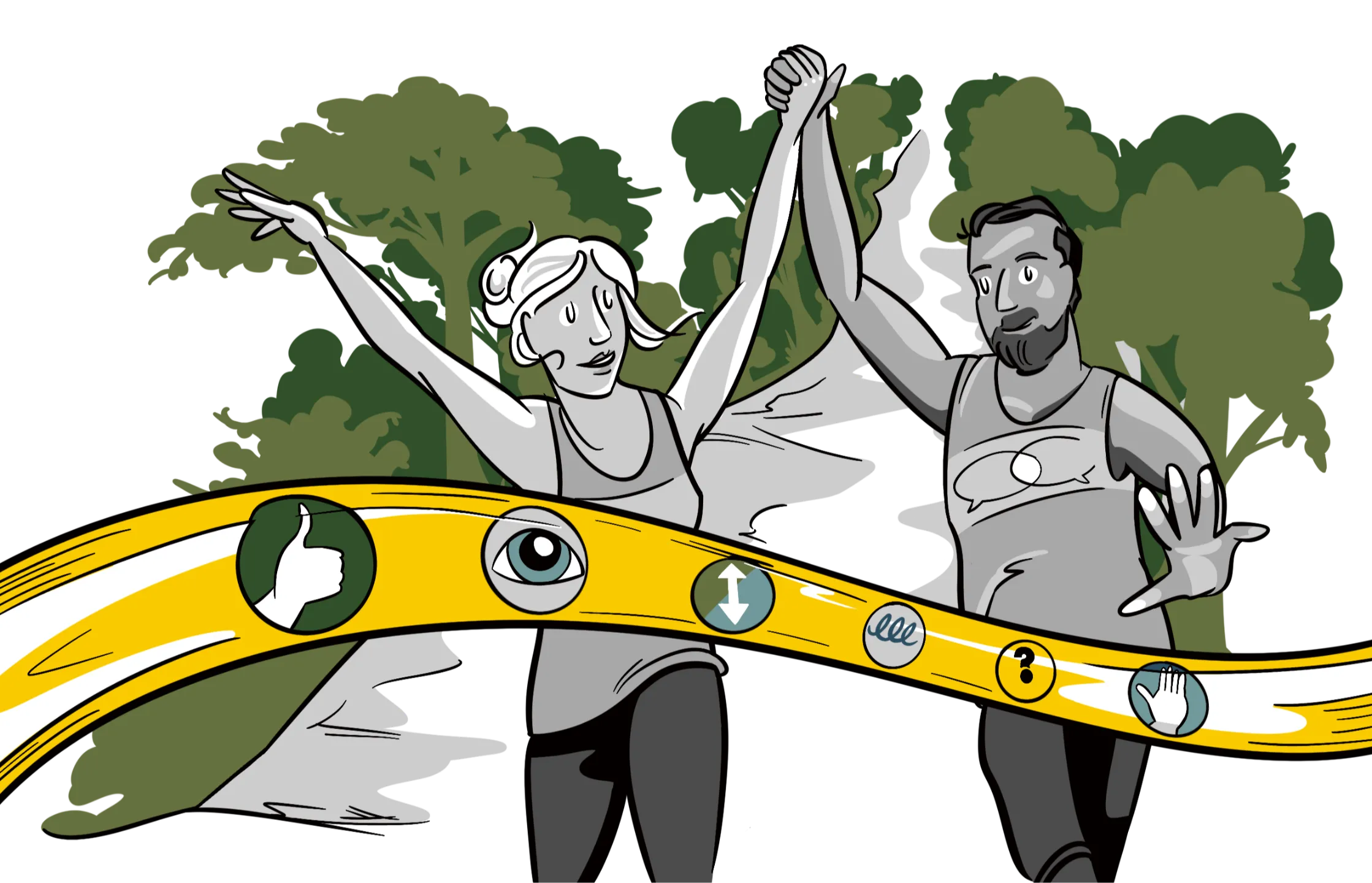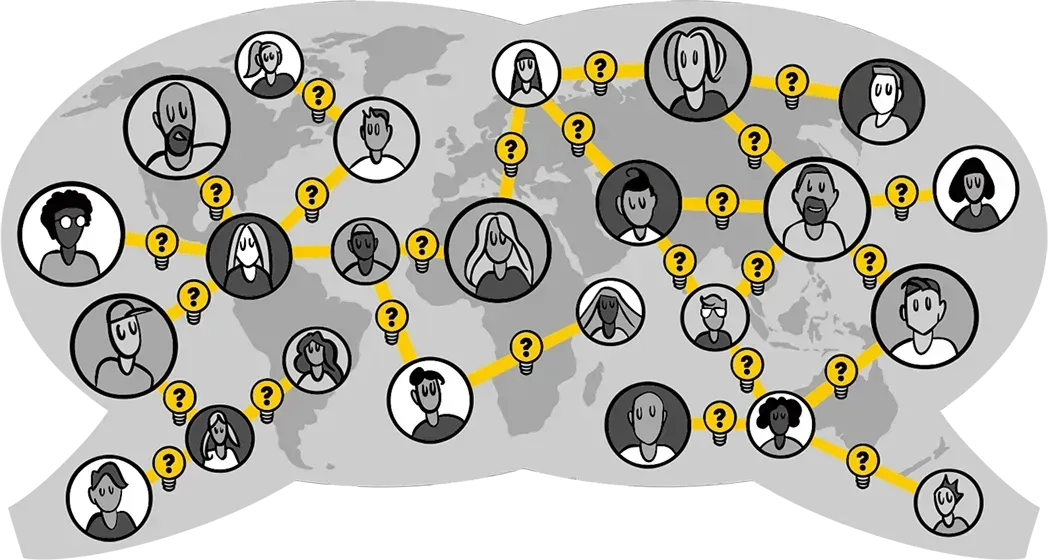Examining Confidence and Certainty Thoughtfully
Challenge Overconfidence and Foster Intellectual Humility

How Navigating Beliefs Explores Confidence and Certainty
Navigating Beliefs (NB) offers a structured approach for examining confidence levels, certainty, and credence in beliefs. By using tools like confidence scales and reflective questioning, NB practitioners help individuals critically evaluate the strength of their convictions and address issues like overconfidence and dogmatism. These techniques foster intellectual humility and promote thoughtful introspection.
NB encourages individuals to explore the nuances of belief confidence, from identifying uncertainty in personal assumptions to addressing overconfidence in reasoning. This process helps uncover biases, refine reasoning, and promote open-mindedness. Whether analyzing empirical claims or reflecting on philosophical perspectives, NB provides a powerful framework for understanding belief certainty. Discover interactive opportunities to practice and explore NB techniques for evaluating belief confidence.
Find the Best Fit for You
You've landed on a page about Navigating Beliefs, a method to help people reflect on the quality of their reasoning through civil conversation. Take our free self-paced course at NavigatingBeliefs.com or learn more about the organization behind these world changing projects.

Navigating
Beliefs
You've arrived at Navigating Beliefs—a new name for the approach born out of Street Epistemology. Although our name has changed, our vision remains the same: A more rational world through civil conversations.

Street Epistemology
International
The organization behind the development of the Navigating Beliefs course, supporting the Navigating Beliefs method and offers resources for critical thinking and civil conversation.
Discover NB methods for assessing belief strength and addressing overconfidence constructively.

Applying Navigating Beliefs to Confidence and Credence
Navigating Beliefs provides tools for evaluating confidence and credence in beliefs. Practitioners use scales and reflective exercises to measure belief strength, uncover biases, and explore the reasoning behind levels of certainty. These techniques encourage individuals to think critically about their beliefs and examine the role of overconfidence in reasoning.
By focusing on respectful dialogue and thoughtful questioning, NB helps address dogmatic thinking and promote intellectual curiosity. Whether challenging overconfidence in discussions or analyzing belief strength, NB fosters a deeper understanding of the factors influencing certainty and credence in decision-making. Learn about interactive workshops that dive deeper into NB techniques for evaluating belief confidence.
Exercises for Exploring Confidence and Certainty
Reflecting on belief confidence requires deliberate practice, and NB provides structured exercises to support this process. Activities like using confidence scales, questioning overconfidence, and examining certainty in empirical reasoning help practitioners explore their beliefs thoughtfully. These exercises promote self-awareness and intellectual humility.
Beginners can start with tools for measuring belief strength and introspection, while advanced practitioners can delve into strategies for addressing dogmatic thinking and overconfidence biases. These practices create opportunities for growth, foster clarity, and inspire open-minded exploration of diverse claim types. Discover personalized guidance on applying NB techniques to explore belief confidence effectively.

Free Learning Course for Evaluating Confidence
Want to explore confidence and certainty in beliefs? The Navigating Beliefs course offers Navigating Beliefs tools to examine belief strength, address overconfidence, and foster intellectual humility through reflective dialogue.
GO TO COURSE ➔



